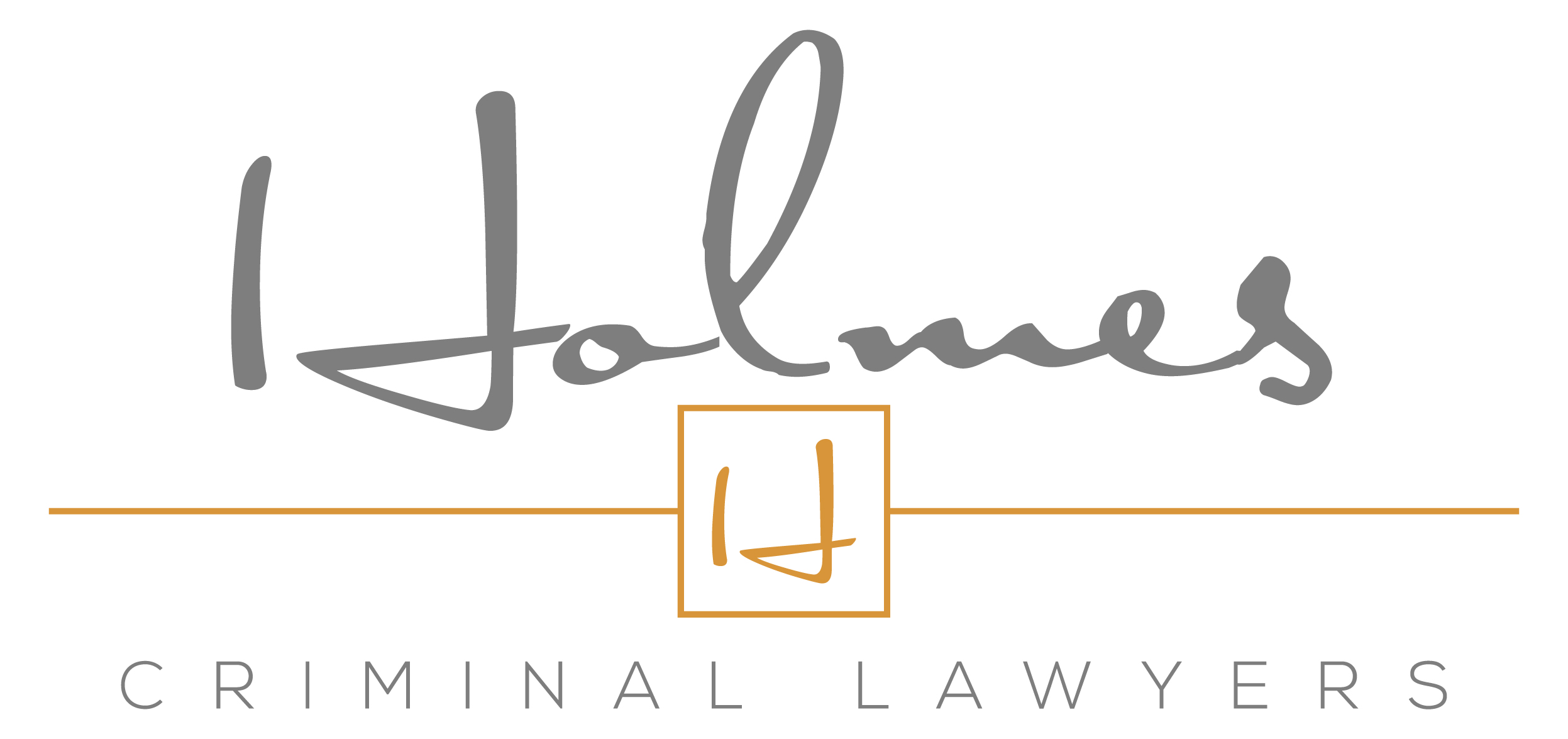Possession
Sounds daemonic doesn’t it? But it is an essential element in drug matters.
What is or amounts to possession has been the subject of numerous decisions but possession must encompass knowledge. You can’t be in possession of something you don’t know about. Possession in the law talks about ‘Dominion or control over’, but put simply let me give you some examples:
Your friend pulls up outside your house in their car. You jump in and you’re off to the pub to have a few beers and enjoy a good chat. Next minute the police are pulling you over and search is carried out. Found in the centre console is a bag of prohibited substance.
Police naturally asked the question: “where did this come from and whose is it?”
Well, let’s look at the critical factors: it’s your friend’s car, it might’ve been the only time that you’ve ever been in it, you hadn’t looked through centre console and he hadn’t told you anything about anything in the car.
Not looking good for your friend at the moment, but absent any corroborating evidence such as DNA or a text message or something of the sort, how is it said that you are in possession?
The prosecution might want to run an inferential case against both you and your friend, but when it comes down to it, did you ever really have knowledge of the prohibited substance?
AND…. Even if you did, what was your intended possession? Did you intend to possess it for your own personal use or did you intend to possess it to sell or supply it to another.
These are the aspects that need to be discussed with a lawyer.
